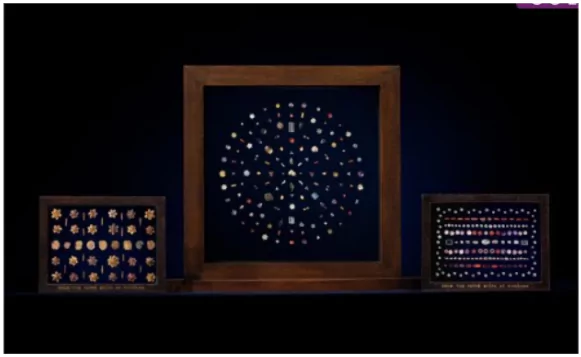![]() 8 May 2025
8 May 2025
English
हिन्दी

Recently India served legal notice to Sotheby’s and the Peppé family, demanding cessation of the auction and repatriation of Piprahwa relics, citing cultural and legal violations.
 Discovery : In 1898, William Claxton Peppé, a British colonial landowner and engineer, excavated a stupa at Piprahwa in present-day Uttar Pradesh, believed to be ancient Kapilavastu, the capital of the Shakya republic.
Discovery : In 1898, William Claxton Peppé, a British colonial landowner and engineer, excavated a stupa at Piprahwa in present-day Uttar Pradesh, believed to be ancient Kapilavastu, the capital of the Shakya republic.<div class="new-fform">
</div>